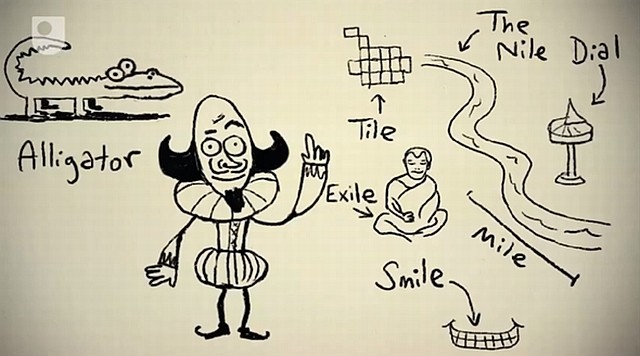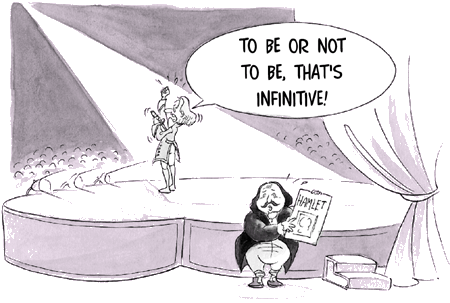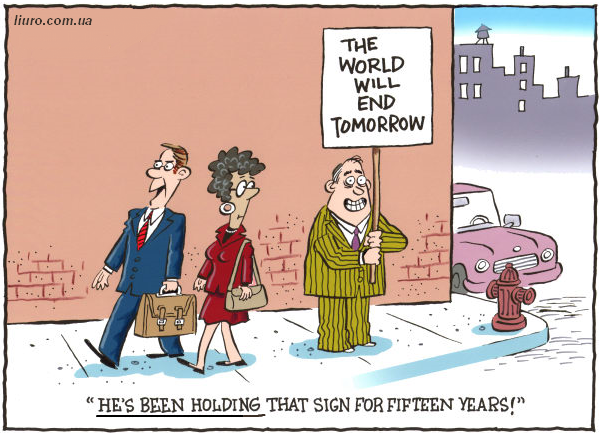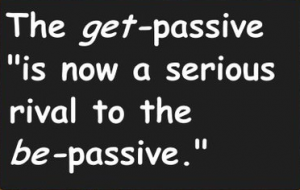
07 / 2016
Категорії: English language
Чи замислювалися Ви як швидко відбуваються зміни в мовних системах? Нам здається, що останні оновлення в англійській мові мали місце десь 17 столітті, але насправді, все відбувається на наших очах. Business English Academy представляє вам 4 найбільш значущих нововведення в англійській.
Everyone knows that language changes. It’s easy to pick out words that have only been recently introduced, but we are constantly in the middle of language change that may not be noticeable for decades or even centuries.
These days, however, it is possible to spot subtle linguistic changes by analyzing large digital collections of text or transcribed speech, some of which cover long periods of time.Here are 4 rather subtle changes happening in English, as determined by looking at the numbers.
1. SHIFT FROM “THEY STARTED TO WALK” TO “THEY STARTED WALKING”
There are a number of verbs that can take a complement with another verb in either the “-ing” form or the “to” form:  “They liked painting/to paint;” “We tried leaving/to leave;” “He didn’t bother calling/to call.” Both of these constructions are still used, and they have both been used for a long time. But there has been a steady shift over time from the “to” to the “-ing” complement. “Start” and “begin” saw a big increase in the “-ing” complement until leveling out in the 1940s, while emotion verbs like “like,” “love,” “hate,” and “fear” saw their proportion of “-ing” complements start to rise in the 1950s and 60s. Not all verbs have participated in the shift: “stand,” “intend,” and “cease” went the “to” way.
“They liked painting/to paint;” “We tried leaving/to leave;” “He didn’t bother calling/to call.” Both of these constructions are still used, and they have both been used for a long time. But there has been a steady shift over time from the “to” to the “-ing” complement. “Start” and “begin” saw a big increase in the “-ing” complement until leveling out in the 1940s, while emotion verbs like “like,” “love,” “hate,” and “fear” saw their proportion of “-ing” complements start to rise in the 1950s and 60s. Not all verbs have participated in the shift: “stand,” “intend,” and “cease” went the “to” way.
2. GETTING MORE PROGRESSIVE
 English has been getting more progressive over time—that is, the progressive form of the verb has steadily increased in use. (The progressive form is the –ing form that indicates something is continuous or ongoing: “They are speaking” vs. “They speak.”) This change started hundreds of years ago, but in each subsequent era, the form has grown into parts of the grammar it hadn’t had much to do with in previous eras. For example, at least in British English, its use in the passive (“It is being held” rather than “It is held”) and with modal verbs like “should,” “would,” and “might” (“I should be going” rather than “I should go”) has grown dramatically. There is also an increase of “be” in the progressive form with adjectives (“I’m being serious” vs. “I’m serious”).
English has been getting more progressive over time—that is, the progressive form of the verb has steadily increased in use. (The progressive form is the –ing form that indicates something is continuous or ongoing: “They are speaking” vs. “They speak.”) This change started hundreds of years ago, but in each subsequent era, the form has grown into parts of the grammar it hadn’t had much to do with in previous eras. For example, at least in British English, its use in the passive (“It is being held” rather than “It is held”) and with modal verbs like “should,” “would,” and “might” (“I should be going” rather than “I should go”) has grown dramatically. There is also an increase of “be” in the progressive form with adjectives (“I’m being serious” vs. “I’m serious”).
3. GOING TO, HAVE TO, NEED TO, WANT TO
It’s pretty noticeable that words like “shall” and “ought” are on the way out, but “will,” “should,” and “can” are doing just fine. There are other members of this helping verb club though, and they have been on a steep climb this century. “Going to,” “have to,” “need to,” and “want to” cover some of the same meaning territory as the other modal verbs. They first took hold in casual speech and have enjoyed a big increase in print in recent decades.
4. RISE OF THE “GET-PASSIVE”
The passive in English is usually formed with the verb “to be,” yielding “they were fired”  or “the tourist was robbed.” But we also have the “get” passive, giving us “they got fired” and “the tourist got robbed.” The get-passive goes back at least 300 years, but it has been on a rapid rise during the past 50 years. It is strongly associated with situations which are bad news for the subject—getting fired, getting robbed—but also situations that give some kind of benefit. (They got promoted. The tourist got paid.) However, the restrictions on its use may be relaxing over time and get-passives could get a whole lot bigger.
or “the tourist was robbed.” But we also have the “get” passive, giving us “they got fired” and “the tourist got robbed.” The get-passive goes back at least 300 years, but it has been on a rapid rise during the past 50 years. It is strongly associated with situations which are bad news for the subject—getting fired, getting robbed—but also situations that give some kind of benefit. (They got promoted. The tourist got paid.) However, the restrictions on its use may be relaxing over time and get-passives could get a whole lot bigger.



